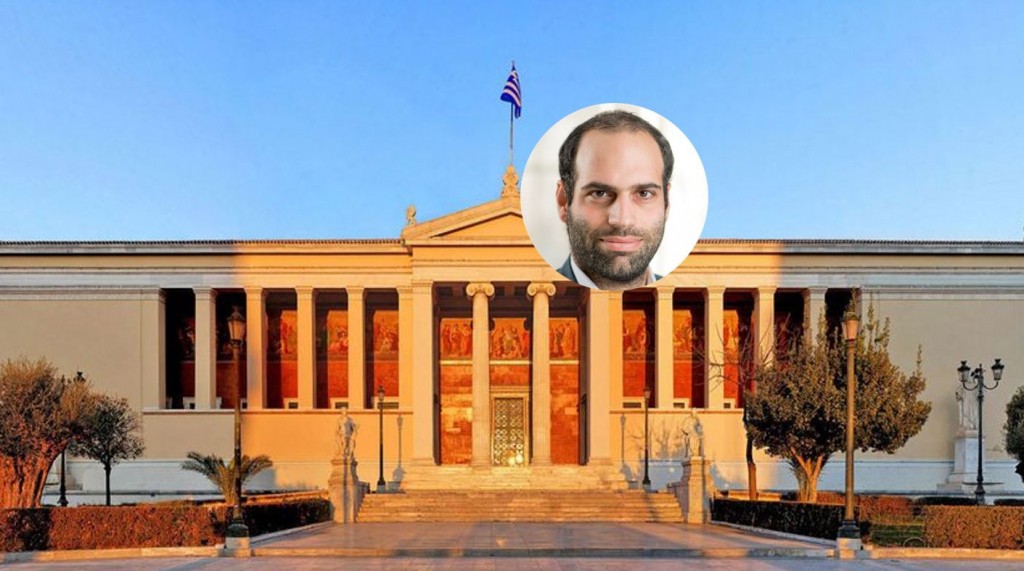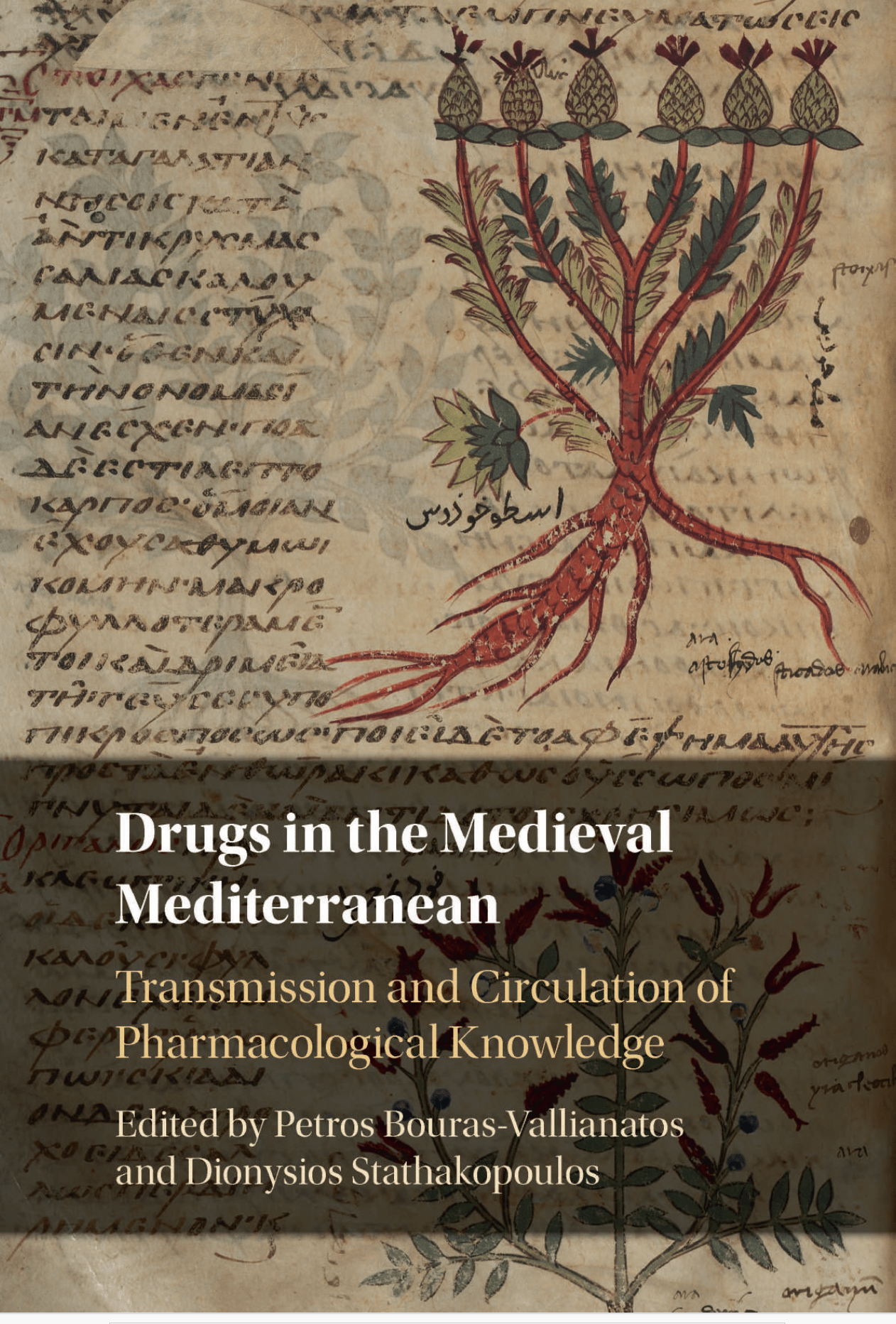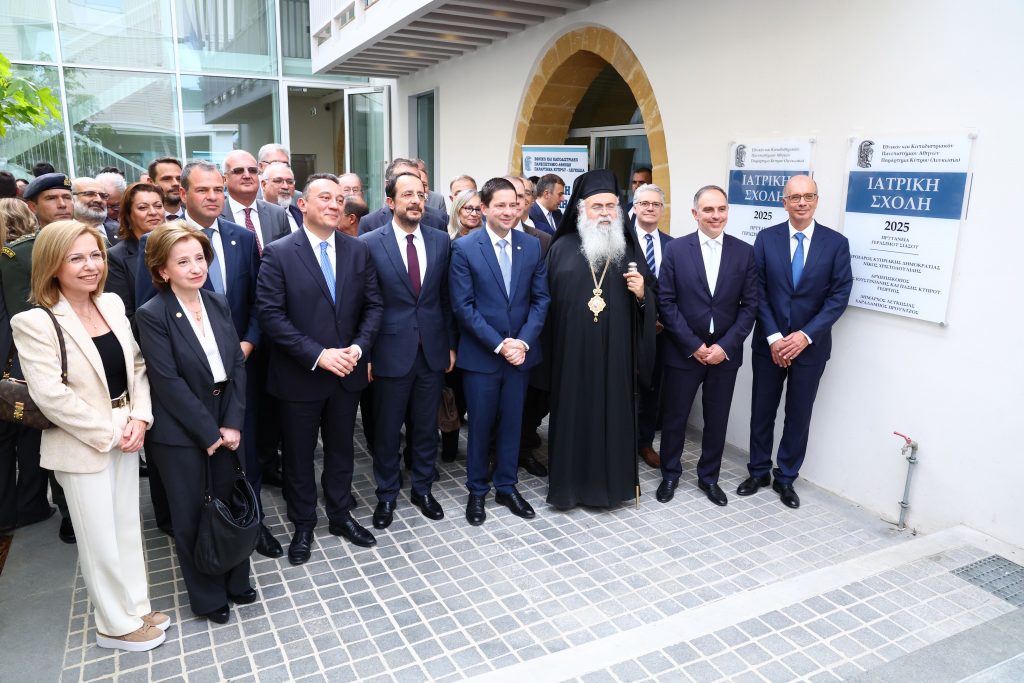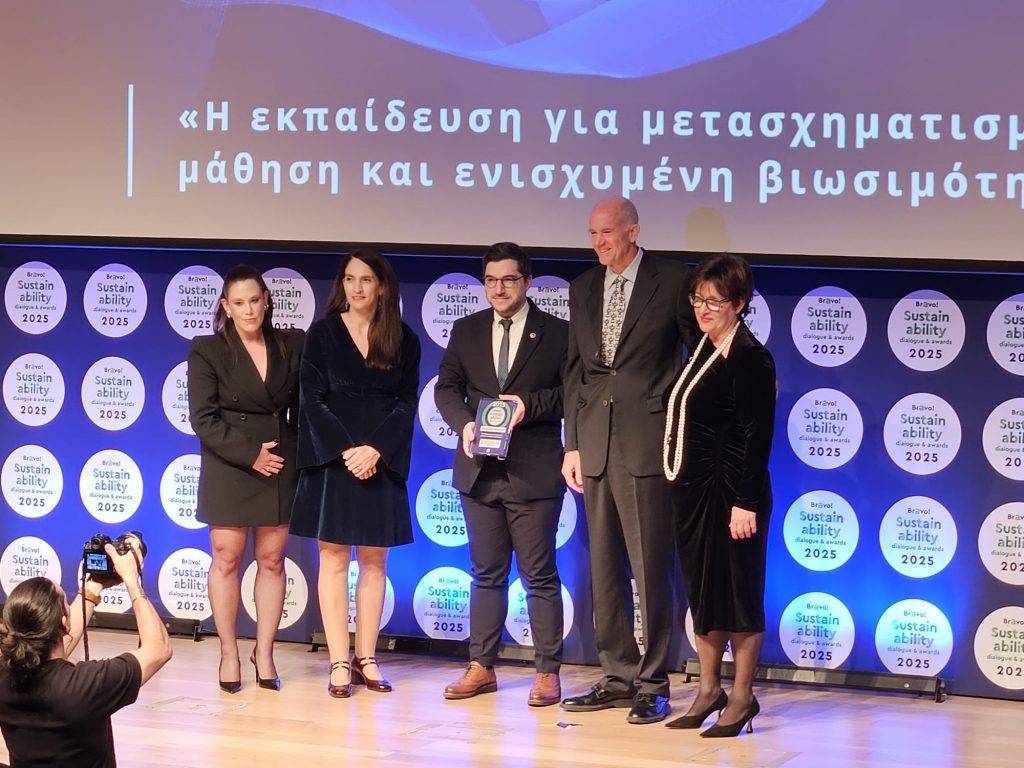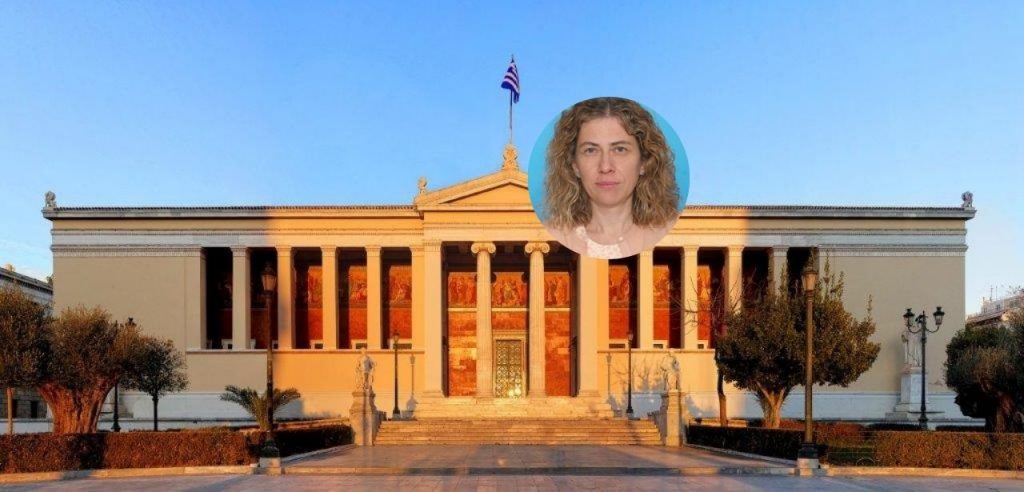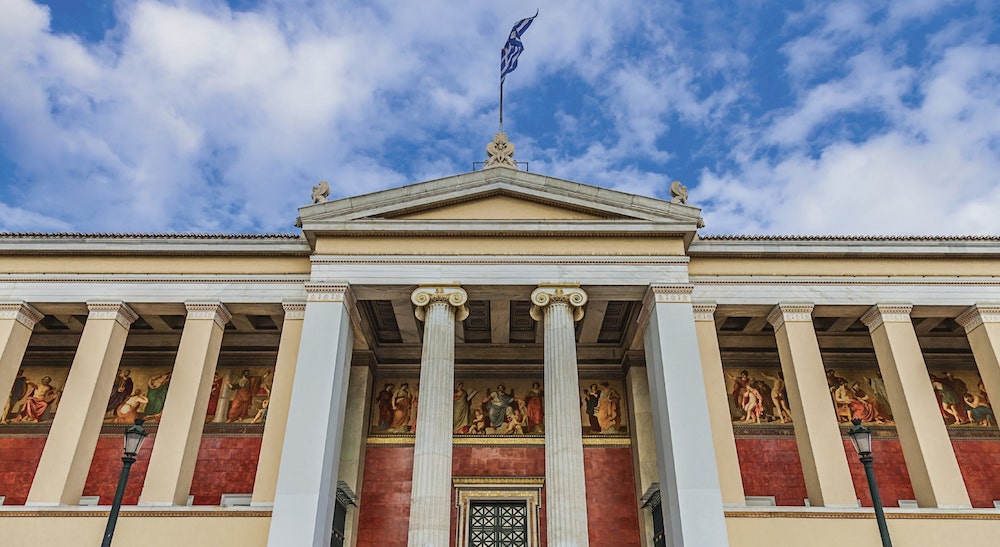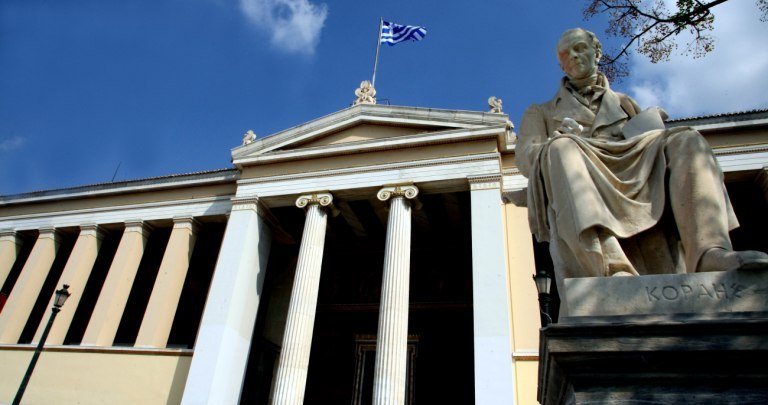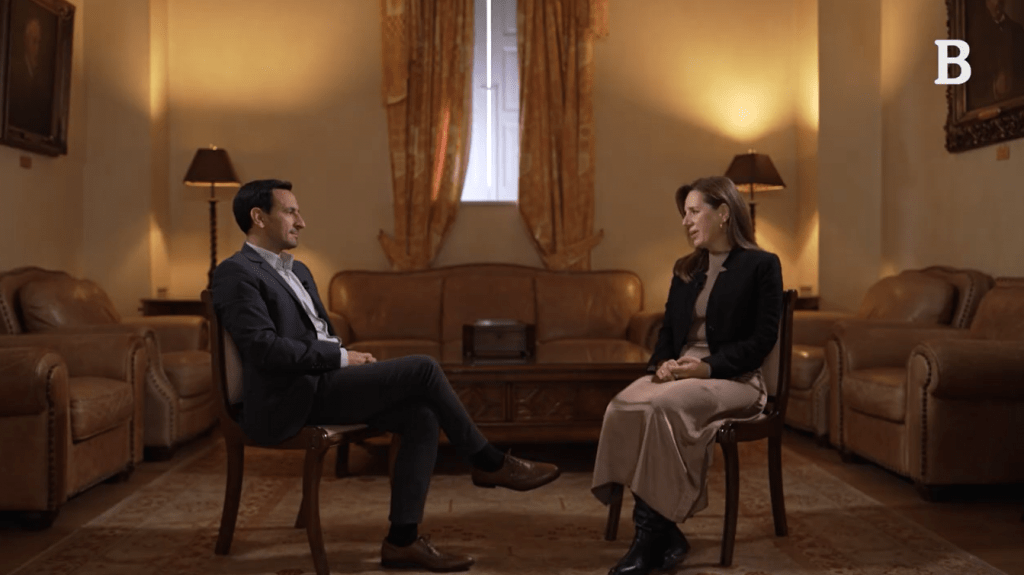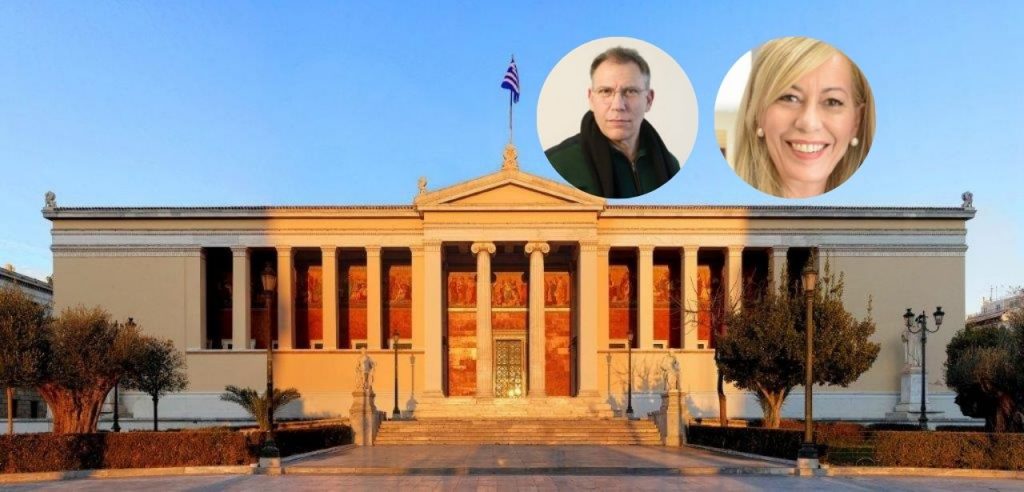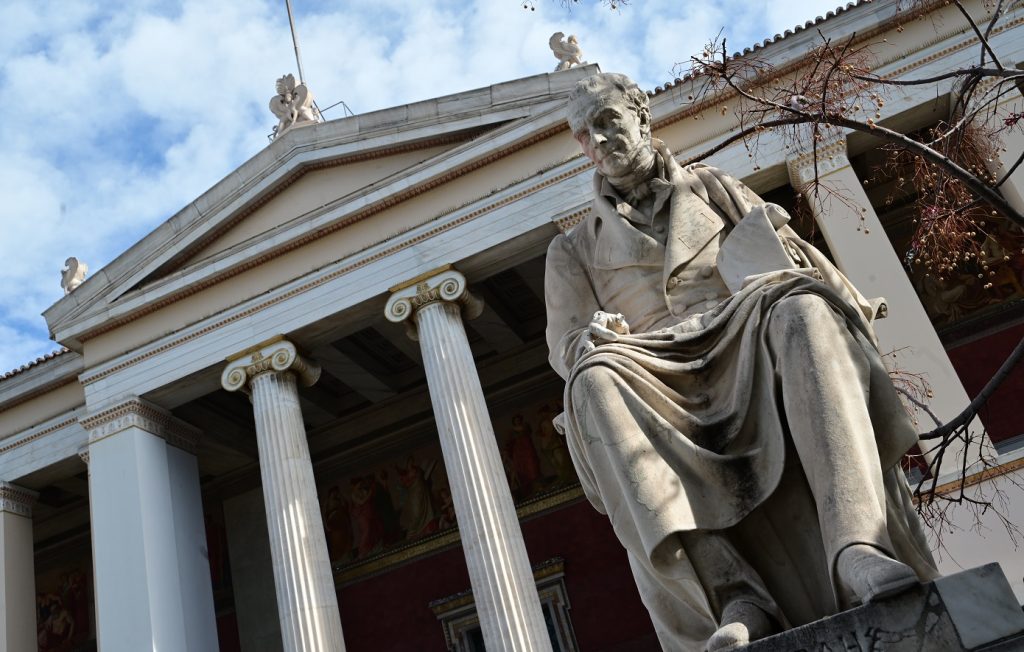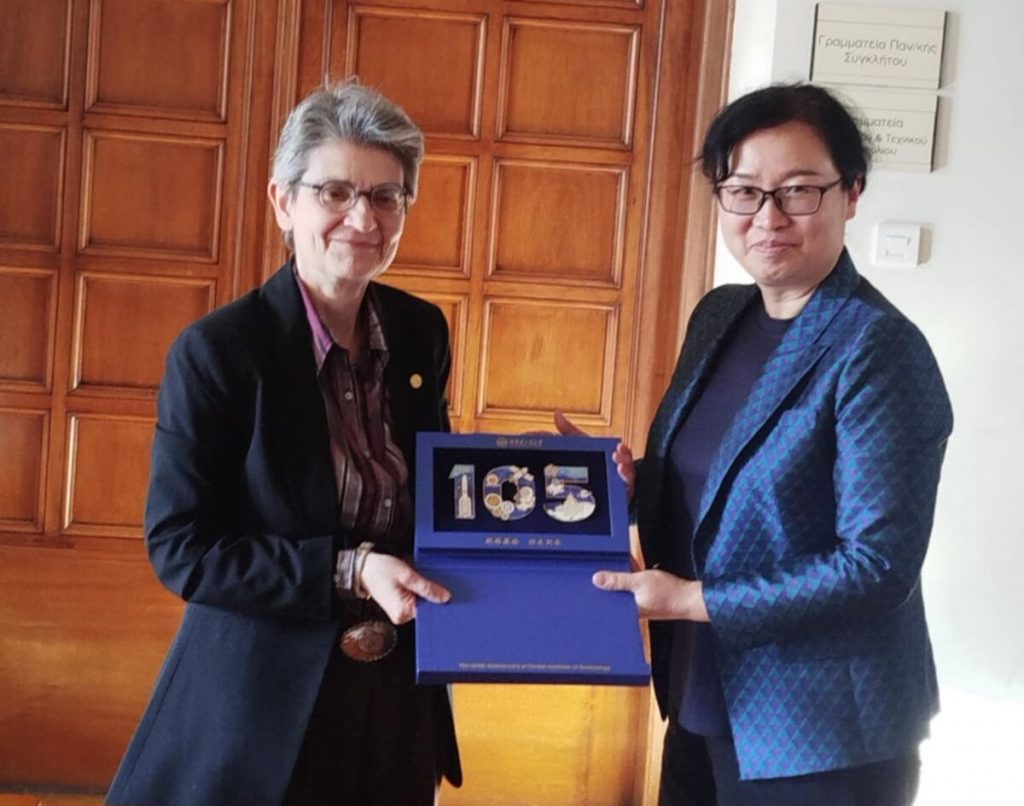Το βιβλίο, Drugs in the Medieval Mediterranean : Transmission and Circulation of Pharmacological Knowledge (Cambridge University Press, 2023), που επιμελήθηκε ο Αναπληρωτής Καθηγητής Ιστορίας των Επιστημών του Τμήματος Ιστορίας και Φιλοσοφίας της Επιστήμης, Πέτρος Μπούρας-Βαλλιανάτος, μαζί με τον Αναπληρωτή Καθηγητή Βυζαντινής Ιστορίας του Πανεπιστημίου Κύπρου Διονύσιο Σταθακόπουλο έλαβε την μοναδική εύφημη μνεία (Ηonorable Μention) στο διαγωνισμό βιβλίου για μεσογειακές σπουδές (από την αρχαιότητα έως σήμερα) που διοργανώνεται κάθε τρία χρόνια από το Mediterranean Seminar του Πανεπιστημίου της Καλιφόρνια. Η συγκεκριμένη διάκριση επιβεβαιώνει την υψηλού επιπέδου διεθνή έρευνα που λαμβάνει χώρα στο Τμήμα Ιστορίας και Φιλοσοφίας της Επιστήμης του Εθνικού και Καποδιστριακού Πανεπιστημίου Αθηνών.
Η επιτροπή των βραβείων αποτελούμενη από τους Καθηγητές Sharon Kinoshita, Brian Catlos και Claire Gilbert έκανε την ακόλουθη δήλωση:
Medieval recipes for drugs, notes co-editor Petros Bouras-Vallianatos in his introduction to this volume, evoke a variety of contexts: the geographical and transcultural; the textual and therapeutic; the non-medical. This volume collects thirteen essays that expand our perspectives on medieval pharmacology. The Mediterranean frame, bringing together researchers from diverse disciplines, aims to disrupt the civilizational silos that have dominated traditional scholarship. Rather, highlighting the transmission and circulation of knowledge focuses attention on multilingualism (Arabic, Greek, Hebrew, Latin, but also Syriac and Persian) and translation (in centers such as Baghdad, Constantinople, and Toledo), as where the incorporation of foreign words suggests the introduction of newmateria medica. Several essays call attention to what had previously been understudied: unedited manuscripts, the way complex textual histories reveal changes over time (Chapter 2), the role of marginalia and oral transmission (Chapter 4), areas of medical practice such as dental care (Chapter 2), subgenres such as self-healing manuals (Chapter 9) or lists of animal properties (Chapter 3). Part II, “The Borders of Pharmacology,” examines pharmacological-adjacent material in works devoted to magic and sorcery (Chapter 7); cookery (Chapter 10); alchemy (Chapter 11); and minerology (Chapter 12). The volume concludes with an essay on the circulation, not of knowledge but of drugs and materia medica themselves, highlighting the role of gift exchange, large and small, alongside the typical Mediterranean activities of commerce and raiding.


